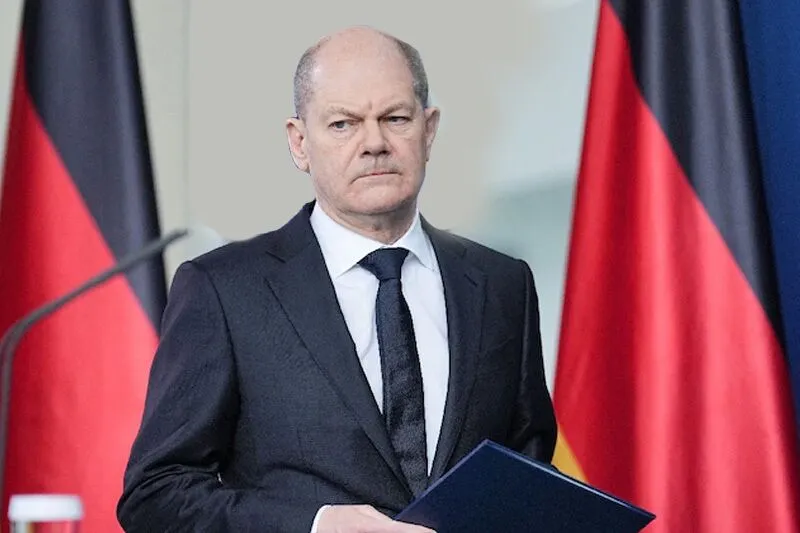Germany’s ‘Historic’ Migration Policy To Restrict Social Benefits For Asylum Seekers
Migration has resurfaced as a political issue. German Chancellor Olaf Scholz and state leaders agreed to tighten measures to deal with a high number of migrants after a marathon session of meetings that lasted into the early hours of Tuesday.
Scholz called the moves a “historic moment,” stressing that they would help speed up asylum procedures, increase federal financing for local communities, and limit social benefits for migrants, which may equivalent to allowing asylum seekers to live in poverty.
“This will simply increase social tensions and make integration even more difficult,” said Julian Pahlke, migration specialist for the coalition government’s Greens. The measures come amid mounting pressure to reduce the number of immigrants.
The Italian Prime Minister, Giorgia Meloni, announced a new migration agreement on Monday, which would include the construction of refugee receiving centers in Albania for individuals arriving by sea, attracting criticism from non-governmental organizations.
The International Rescue Committee referred to the agreement as a “further blow” to EU unity. Its senior director of Europe advocacy called it “dehumanizing,” adding that “everyone has the fundamental right to apply for asylum — regardless of where they come from or how they arrive.”
Meloni’s accord would result in receiving centers initially housing roughly 3,000 migrants but eventually processing up to 36,000 annually. She has stated that the proposal is vital to limit migrant arrivals by sea in Italy, which had surged significantly over the previous year.


Comments
Post a Comment